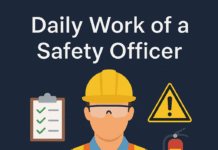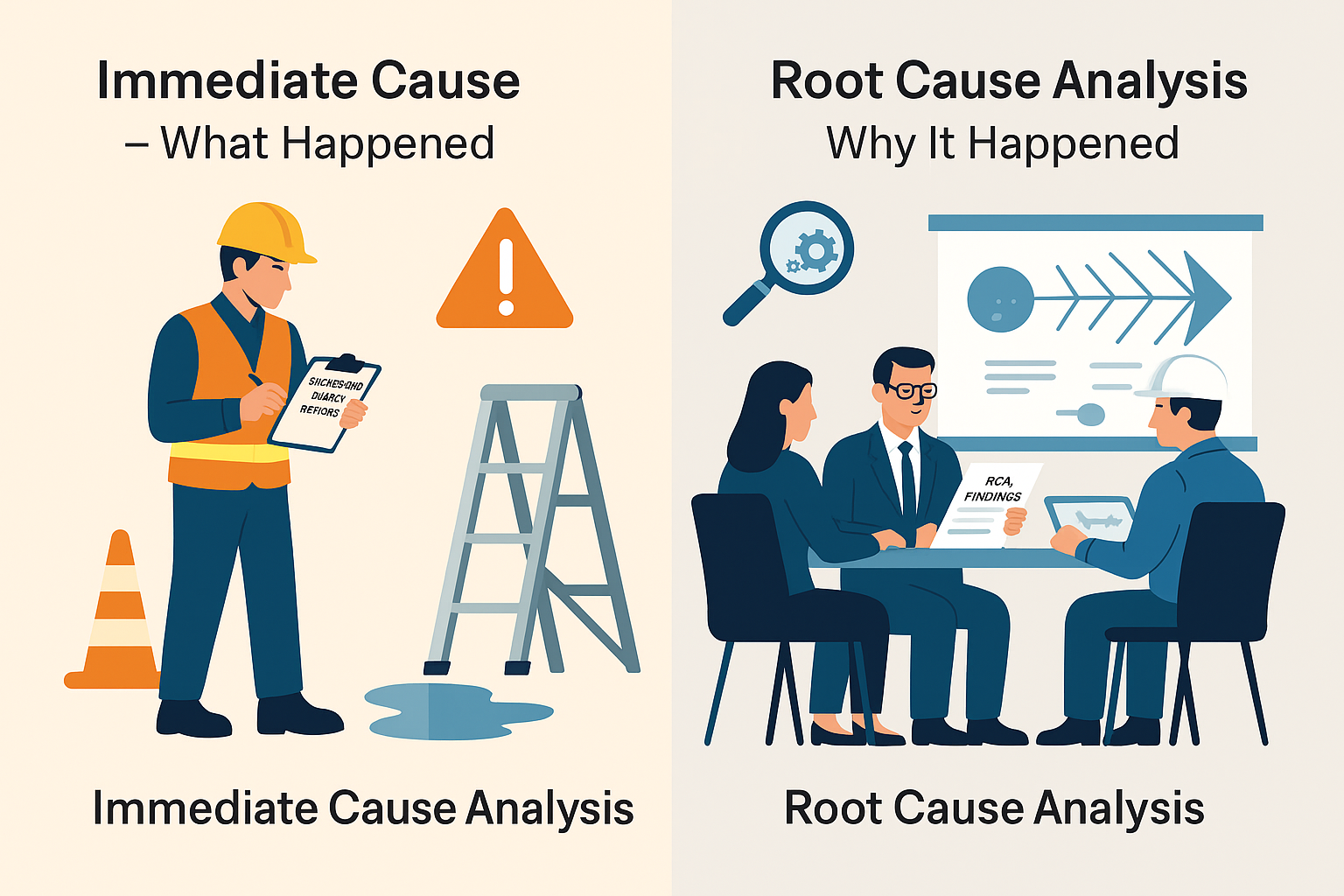
Safety Officer Salary in Australia
If you’re considering a career as a safety officer in Australia, you might be wondering about the potential salary you could earn. Safety officers play a vital role in maintaining workplace safety, and their salaries reflect the importance of their responsibilities. In this article, we’ll delve into the various factors that influence safety officer salaries in Australia, regional variances, comparison with international standards, career growth opportunities, and more.
Introduction
Safety officers are integral to ensuring the well-being of employees and maintaining compliance with safety regulations in Australian workplaces. Their duties often include conducting inspections, identifying hazards, implementing safety protocols, and providing training to staff members. With workplace safety being a top priority for organizations across industries, the demand for qualified safety officers remains high.
Importance of Safety Officers
The role of safety officers cannot be overstated. They not only help prevent workplace accidents and injuries but also save lives. By enforcing safety protocols and promoting a culture of safety awareness, safety officers contribute significantly to the overall success and reputation of an organization. Additionally, their efforts help companies avoid costly legal battles and fines resulting from safety violations.
Factors Affecting Salary
Several factors come into play when determining the salary of a safety officer. Education and qualifications play a significant role, with higher degrees and certifications often leading to higher-paying positions. Experience level is another crucial factor, as more experienced safety officers tend to command higher salaries. Furthermore, the industry sector in which a safety officer works can greatly impact their earning potential, with certain industries offering higher salaries than others.
Average Salary Range
The average salary range for safety officers in Australia varies depending on factors such as location, experience, and industry. On average, entry-level safety officers can expect to earn between $60,000 and $80,000 per year, while experienced professionals with several years of experience can earn upwards of $100,000 annually. However, it’s essential to note that these figures are approximate and may vary based on individual circumstances.
Regional Variances
Salaries for safety officers can also vary significantly based on the region in Australia. For example, safety officers working in major cities like Sydney and Melbourne may command higher salaries due to the higher cost of living. On the other hand, those working in regional areas or smaller towns may earn slightly lower salaries but may benefit from a lower cost of living.
International Comparison
When compared to other countries, safety officer salaries in Australia are generally competitive. While salaries may be higher in countries like the United States or Canada, Australian safety officers still enjoy decent compensation packages and benefits. Moreover, Australia’s strong economy and robust safety regulations contribute to the overall attractiveness of safety officer roles in the country.
Benefits and Perks
In addition to competitive salaries, safety officers in Australia often enjoy a range of benefits and perks, including health insurance, retirement plans, paid time off, and opportunities for professional development. Some companies may also offer bonuses or incentives for achieving safety targets or certifications.
Career Growth Opportunities
The field of occupational health and safety offers ample opportunities for career advancement. Safety officers can progress into roles such as safety managers, consultants, or trainers with the right experience and qualifications. Additionally, pursuing further education and obtaining relevant certifications can enhance one’s earning potential and open doors to new career opportunities.
Skills and Qualities
Employers typically seek safety officers who possess a combination of technical knowledge, communication skills, and attention to detail. Strong problem-solving abilities, leadership skills, and a commitment to promoting a safe work environment are also highly valued. Continuous learning and staying updated on industry trends and regulations are essential for success in this field.
Negotiating Salary
When negotiating salary as a safety officer, it’s essential to research industry standards, highlight relevant qualifications and experience, and demonstrate your value to the organization. Be prepared to discuss not only salary but also other benefits and perks that are important to you. Remember that negotiation is a two-way street, so be willing to compromise while advocating for fair compensation.
Challenges
Despite the rewarding nature of their work, safety officers may face challenges such as resistance to change, budget constraints, and balancing competing priorities. Additionally, the ever-changing nature of safety regulations and advancements in technology require safety officers to continuously adapt and update their skills to stay effective in their roles.
Resources
For those interested in learning more about safety officer salaries and career opportunities in Australia, several resources are available, including industry associations, online forums, and professional development courses. Networking with other safety professionals and attending industry events can also provide valuable insights and connections.
Conclusion
In conclusion, safety officers play a vital role in ensuring workplace safety and preventing accidents in Australia. While salaries may vary depending on factors such as education, experience, and industry, safety officers generally enjoy competitive compensation packages and opportunities for career growth. With the demand for safety professionals expected to remain strong, pursuing a career in occupational health and safety can be both rewarding and fulfilling.
Safety Officer Salary in the United States
Safety Officer Salary in Qatar
Safety Officer Salary in Saudi Arabia
Safety Officer Salary in Dubai
HSE Manager Job Description 2024
Unique FAQs
- Is a degree necessary to become a safety officer in Australia?
- While a degree in occupational health and safety or a related field can enhance your prospects, it’s not always mandatory. Relevant experience and certifications may suffice in some cases.
- What industries offer the highest salaries for safety officers in Australia?
- Industries such as mining, construction, and oil and gas tend to offer higher salaries for safety officers due to the inherent risks involved and the stringent safety regulations.
- Are there opportunities for freelance or contract work as a safety officer?
- Yes, freelance or contract work is possible in the field of occupational health and safety, especially for those with specialized skills or expertise in niche areas.
- How can I stay updated on changes in safety regulations and industry trends?
- Keeping abreast of industry publications, attending conferences and workshops, and participating in professional development courses are effective ways to stay informed and up-to-date.
- What personal qualities are important for success as a safety officer?
- Strong communication skills, attention to detail, problem-solving abilities, and a commitment to promoting safety are essential qualities for success in this field.
























